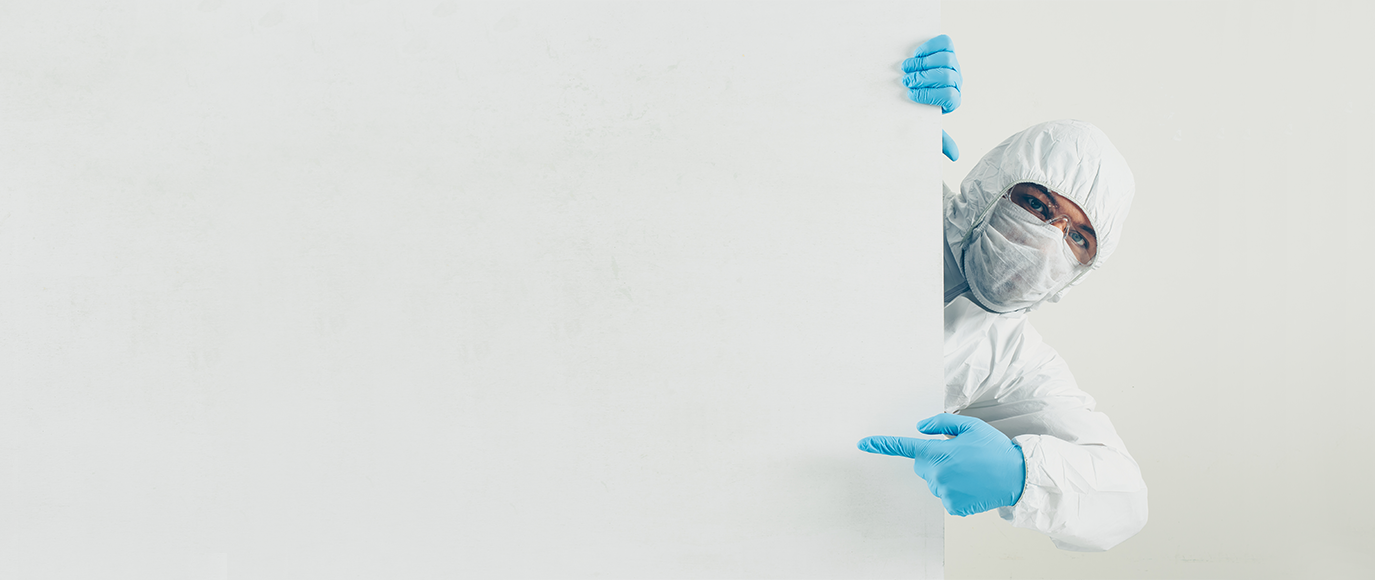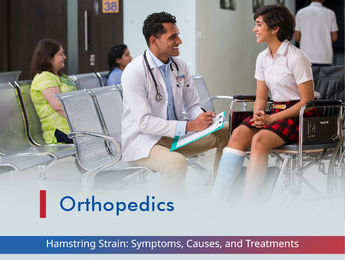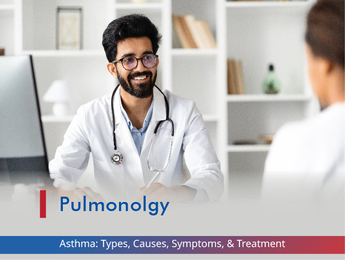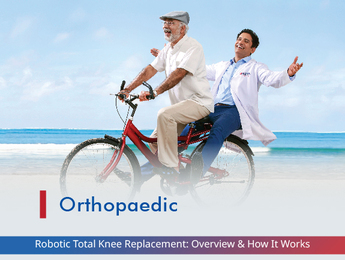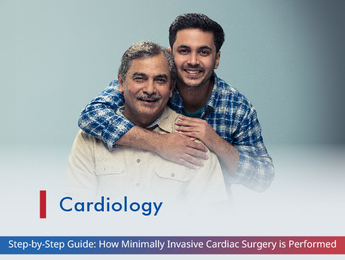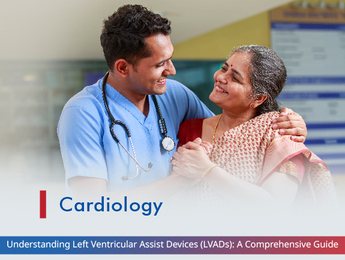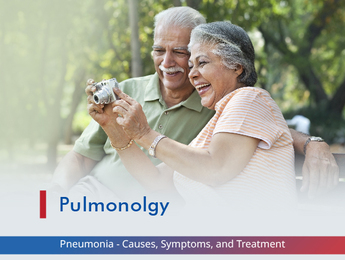A few months ago, our country was engulfed by the second wave of the coronavirus, which caused widespread worry and loss of lives. While we aren’t completely safe yet, there are numerous indications of a third wave of COVID on the way, which may be just as severe and put a strain on healthcare resources. The Delta Plus variant has now been detected, even though the variant has not been classified as a variant of concern (VoC). In March of this year, the Delta Plus variant was discovered in Europe for the first time. It has been found in samples from India and a dozen other nations. Delta Plus is a new mutant variation of the Delta variant. It is unclear whether the Delta Plus variant is more contagious or deadly than the Delta type, however, children below the age of 18 are more prone to get infected. Every successful mutation aids the survival of a virus or other organism. This is primarily why the Delta Plus type of SARS-CoV-2 has become a source of concern for an upcoming third wave, which can be avoided or managed at least in part by applying lessons learned from the previous two waves of the COVID-19 pandemic. Doctors and researchers suggest following the protocols and COVID-19 precautions to keep the situation under control. Here’s everything you need to know to keep you and your kids safe and protected from the Delta Plus Variant of SARS-CoV-2.
1. Get Vaccinated
Currently, three vaccines are being distributed in India: Covaxin by Bharat Biotech, Covishield by Serum Institute of India, and the Russian Sputnik V sold by Dr. Reddy’s Labs. Although there is sometimes an option to choose which vaccine you get based on the vaccination centre that you choose, it is recommended that you get vaccinated as soon as possible after receiving a slot. The vaccination has been shown to lower the severity of the infection as well as its communicability and is one of the best precautions against COVID-19. It will not only keep you safe, but it will also keep your loved ones safe. Anyone over the age of 18 who registers on one of the official government portals or hospitals’ sites is eligible to receive the vaccine. As children stay with their families, their exposure to the virus can be reduced by fully vaccinating both parents.
2. Take Behavioral Vaccine
The COVID-19 pandemic pushed scientists to create vaccines as quickly as possible. The efficacy of lab-developed vaccines varies depending on the candidate and the mutant forms of SARS-CoV-2. Because the vaccines are not yet available for children below the age of 18, behavioral vaccinations provide the best protection and precaution against COVID-19. Face masks, COVID-appropriate hygiene, and maintaining proper physical-social distance are all examples of behavioral vaccinations. It is important for parents to teach youngsters about COVID safety, hygiene, how transmission occurs and what COVID-19 precautions are, since they’re likely to be affected by the virus.
3. Stay Indoors and Avoid Crowded Places
While the first wave was coming to an end, people had gone back to crowding in places, disregarding social distance standards. This time around, we should remember not to make the same error again in order to prevent a third wave from being much more deadly. Even if you are vaccinated, it is critical to avoid public gatherings. This will not only keep you secure, but it will also prevent the virus from spreading. It is a crucial precaution to take ahead of the third COVID-19 wave.
4. Taking a Healthy Diet
During the COVID-19 pandemic, eating a nutritious diet is critical. Our body’s natural ability to prevent, fight, and recover from infections is influenced by what we eat and drink. Healthy diets are vital for maintaining immune systems, even if no foods or dietary supplements may prevent or cure COVID-19 infection. Obesity, heart disease, diabetes, and some types of cancer can all be prevented with good nutrition and a healthy meal plan. A healthy diet for babies entails exclusive nursing for the first six months, followed by the introduction of nutritious and safe foods to supplement breastmilk from the age of six months to two years. A healthy and balanced diet is critical for the growth and development of young children. It can help older individuals live healthier and more active lives.
Here are some tips for maintaining a healthy diet:
- Consume a variety of food, including fruits and vegetables: Every day, consume a variety of whole grains such as wheat, maize, and rice, legumes such as lentils and beans, as well as lots of fresh fruit and vegetables, as well as some animal-based foods (e.g. meat, fish, eggs and milk). When possible, choose wholegrain foods such as unprocessed maize, millet, oats, wheat, and brown rice, which are high in fibre and can help you feel fuller for longer.
- Eat moderate amounts of fats and oils: When cooking, use healthy fats like olive, soy, sunflower, or maize oil instead of butter, ghee, or lard. Choose white meats such as poultry and fish, which are lower in fat than red meat; cut visible fat from meat; and minimise your intake of processed meats. Milk and dairy products should be low-fat or reduced-fat. Instead of frying, try steaming or boiling your food. Avoid processed, baked and fried foods that contain industrially produced trans-fat.
- Limit sugar intake: Limit sugary drinks and fizzy drinks, as well as liquid and powder concentrates, flavoured water, energy and sports drinks, ready-to-drink tea and coffee, and flavoured milk drinks. Sugary foods should not be given to children. Salt and sugars should not be added to complementary foods for children under the age of two, and should be limited for children older than that.
- Stay hydrated and drink enough water: Keeping your body hydrated is essential for good health. Filtered water is the safest drink to consume. Drinking water instead of sugar-sweetened beverages is an easy approach to reduce your sugar and calorie intake.
- Breastfeed babies and young children: For newborns, breast milk is the best nourishment. It is safe, hygienic, and includes antibodies that help protect children against a variety of ailments. During the first six months of their lives, babies should be nursed exclusively since breast milk contains all of the nutrients that they require.
5. Exercise
There’s a link between your diet, physical exercise, and overall health. When it comes to your physical, mental, and social well-being, physical exercise and diet are most crucial. It’s also critical for preventing the infection and can be considered a precaution against COVID-19. Lifestyle factors may also influence whether you get sick or stay well. Physical activity is one among these factors. Sedentary behaviour is linked to an increased risk of chronic disease, impaired mobility, and weakened immune function. Physical activity and movement are critical during the coronavirus pandemic for these reasons.
While healthcare professionals prepare for a potential third wave of COVID-19, people who are around children should continue to use safeguards like double masking, social distance, and hand sanitization. Given recent reports that the virus may be airborne, it is critical to recognise that infection is more likely. Online consults have made it easy to connect with specialist doctors. If anybody at home tests positive for COVID-19, and you have children at home, you can consult our paediatricians at SPARSH Hospital who will guide you through this period. Our doctors are highly experienced and understand that a child’s medical care differs significantly from that of an adult’s. Children require a dedicated setting and a great deal of attention. For intensive care, properly trained staff and doctors are required, as well as suitable equipment and medication. They require constant monitoring and assistance from other services. You can have all of your health concerns addressed with us at SPARSH, with comfort and trust in our specializations in a wide range of disciplines. Additionally, to book a slot for the vaccination, you can do so here.
